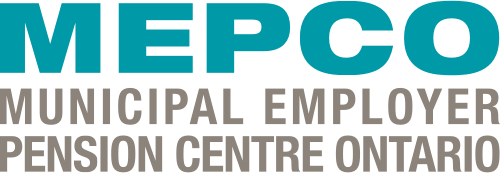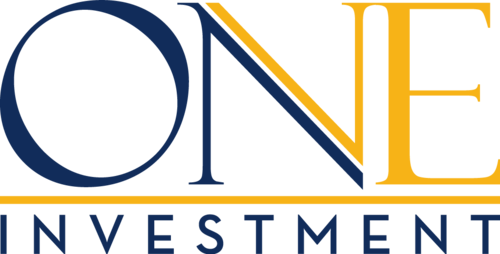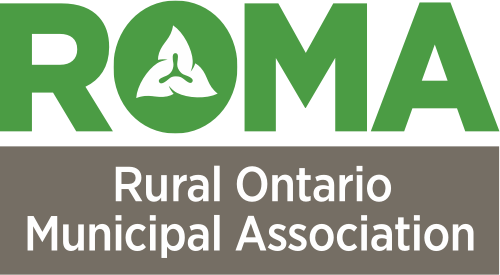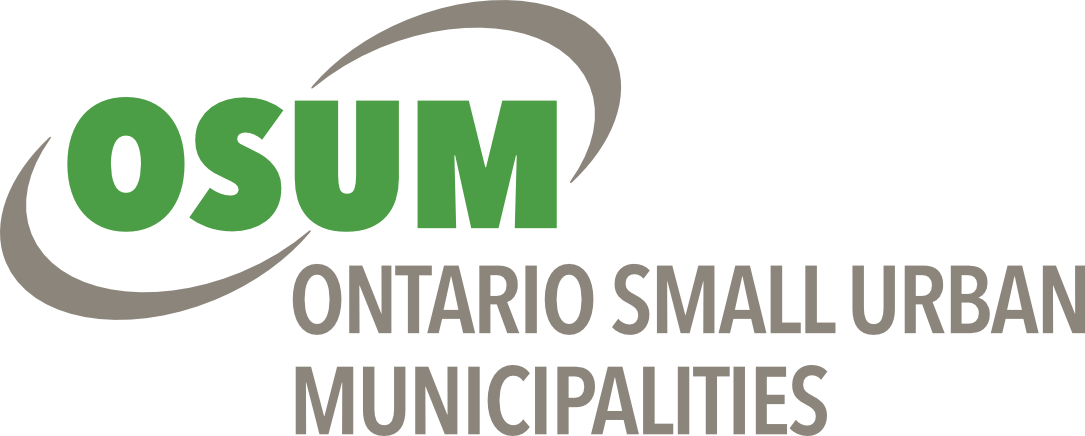eScribe’s 2024 “State of the Clerk’s Office” Survey Report
By Tara Astbury
Senior Director, Customer Experience
eScribe
Recently, eScribe conducted a survey that garnered over 500 responses from city clerks across the United States and Canada. The overarching goal of the survey was to get a pulse on how city clerks are doing, centering on the critical work of the clerk’s office in preparing for and administering public meetings.
The survey, delving into crucial aspects of a city clerk’s job, such as time management, public engagement, meeting effectiveness and administration, and the use of digital meeting management technology, revealed significant findings. It underscored the need to enhance efficiencies, overcome barriers to progress, and harness new technologies to broaden access to and public engagement with local government.
Public Engagement
When respondents were asked whether they feel the public is well engaged with local government in their respective municipalities, over half (55%) said no. Asked about why this might be, respondents cited public difficulty finding information on specific elected officials, specific topics, and a specific body or committee as the most plausible barriers to optimal public engagement.
Despite this, however, more than a third of survey respondents (35%) said they have observed growing hostility from those community members who are engaged with local government.
Meeting Effectiveness and Administration
When it came to public meetings, most clerks defined a successful meeting as one in which all agenda items are completed in a timely manner, with action steps taken and clear follow-ups. But respondents also identified several key challenges that prevent meetings from being successful, including:
- Last-minute changes
- Document management and workflows
- Technical difficulties
- Agenda creation and management
- Inefficient processes
- Turn-around time for approvals
- Speaker request management
- Inefficiencies around drafting and approving minutes
Meeting Management Technology
Asked how they could see meeting management technology solving common challenges, survey respondents noted several areas, including making historical information more accessible to the public, simplifying collaboration and workflows with other departments, centralizing the storage of meeting materials, efficiently gathering approvals on agendas and other items, streamlining speaker queues, and making voting easier.
However, 59% of respondents noted that their municipality does not use a digital meeting management technology because of budget constraints, not finding the right solution, and lack of buy-in from key stakeholders.
Time Management
Cited as the top challenge facing city clerks’ offices, more than 80% of survey respondents noted that time management is a key issue. 53% of survey respondents said that the time spent preparing for public meetings makes it difficult to give sufficient attention to the other responsibilities of the city clerk’s office. (For reference, more than 40% of respondents said they spend 5-10 hours per week preparing for public meetings; 20% said they spend 10-20 hours per week, and 8% reported spending more than 20 hours per week preparing for public meetings.)
Discover More Key Insights
To learn more about the survey results, including an in-depth analysis, download the full report.





